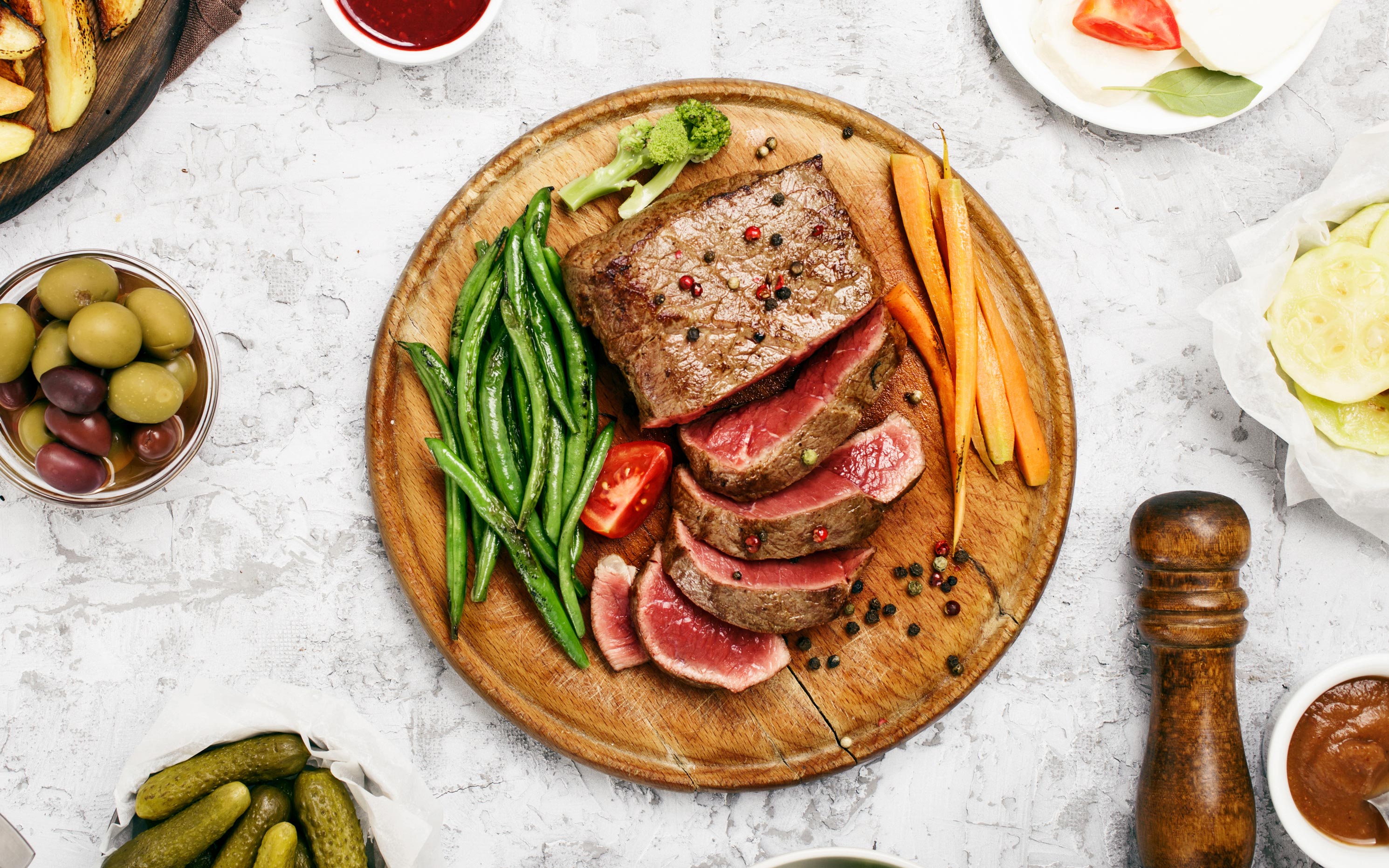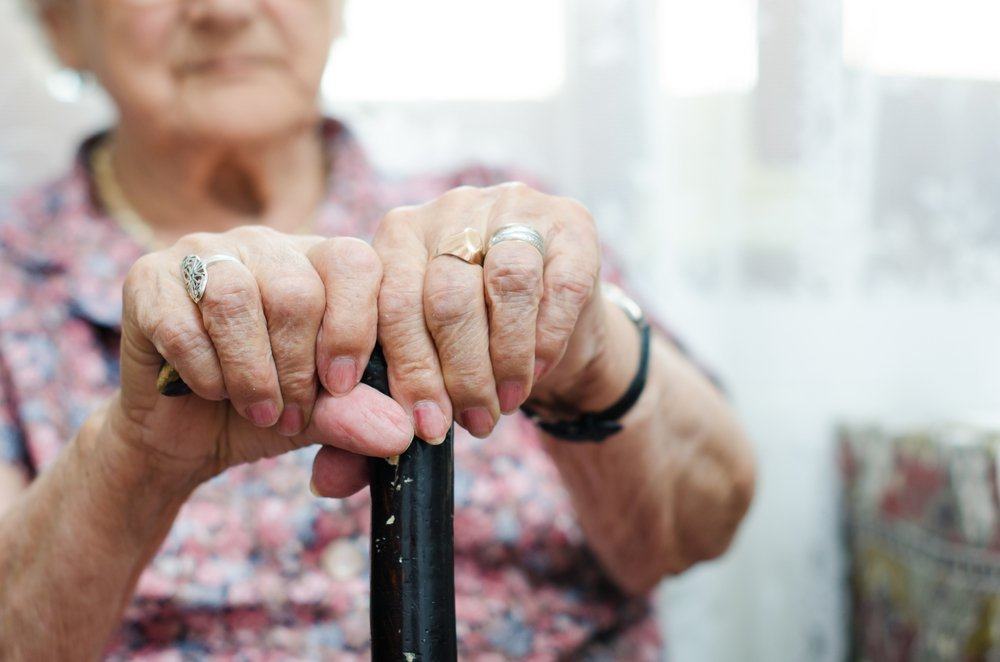Contents:
- Medical Video: Bad Habits That Pregnant Women Should Avoid
- 1. Avoid cholesterol excessively
- 2. Excessive salt intake from unexpected sources
- 3. Raw food diet
Medical Video: Bad Habits That Pregnant Women Should Avoid
Being healthy is a choice. What you eat and drink, daily activities, work, and the environment will certainly affect a person's health status. Both mentally and physically. Many opinions from experts regarding several ways to diet and proper eating habits. Some are truly healthy and beneficial, but there are also healthy diets that need special consideration or are harmful to health.
Yes, certain ways of dieting or eating patterns may not be suitable for everyone. How to diet that is said to be "healthy" is not necessarily really healthy. For example, the following three ways to diet.
1. Avoid cholesterol excessively
Egg yolks and seafood or seafoodlike shellfish are some types of food that are often avoided by many people for fear of cholesterol levels. In fact, cholesterol from daily food actually has a relatively small impact on your cholesterol levels in the blood. It is precisely by avoiding foods that contain cholesterol at all, you will lose the opportunity to get the intake of other important nutrients from these foods.
For example egg yolks are a good source of vitamin E and carotenoids. Shellfish has a content that is rich in protein, omega-3 fatty acids, and antioxidant selenium. This makes shellfish improve brain health and prevent Alzheimer's disease. Choose seafood wisely. The method can be by ensuring the cleanliness of the food.
In addition, the mistake that many people believe is that cholesterol is a big enemy of health. This is not true. Because, cholesterol functions as a basic ingredient in the formation of hormones and body cell walls. The problem is if the cholesterol intake is not balanced, either it's an excess or a deficiency.
Therefore, a healthy diet that should be lived is to balance cholesterol intake from food, instead of even avoiding it altogether.
2. Excessive salt intake from unexpected sources
Both people with high blood pressure (hypertension) or to reduce the risk, many who get rid of salt from food everyday. Research from Boston University in the United States (US) suggests that people who consume salt with very small amounts still have a big risk for heart disease.
Maybe at home you can cook food with enough salt, or a maximum of one teaspoon as recommended by the Ministry of Health. However, what if you buy food from outside too?
According to a nutritionist Erin Palinski Wade RD, CDE, don't just be busy calculating how much milligrams of salt per day. It is best to maintain a healthy diet, you also avoid packaged foods, foods that have been processed repeatedly, and fast food. This is because the food secretly contains a large amount of salt.
3. Raw food diet
Vegetables are an example of the right food when talking about a raw food diet (also known as raw food diet). In this diet, food does not go through the process of being cooked but directly eaten. This diet arises because there is a concern that cooking can reduce the nutrients contained in vegetables and other types of food.
In fact, cooking is important to help food to be more easily digested by the body, safer, and avoid food poisoning due to infection. Precisely over-consuming a raw food diet can lead to malnutrition and lack of weight.












